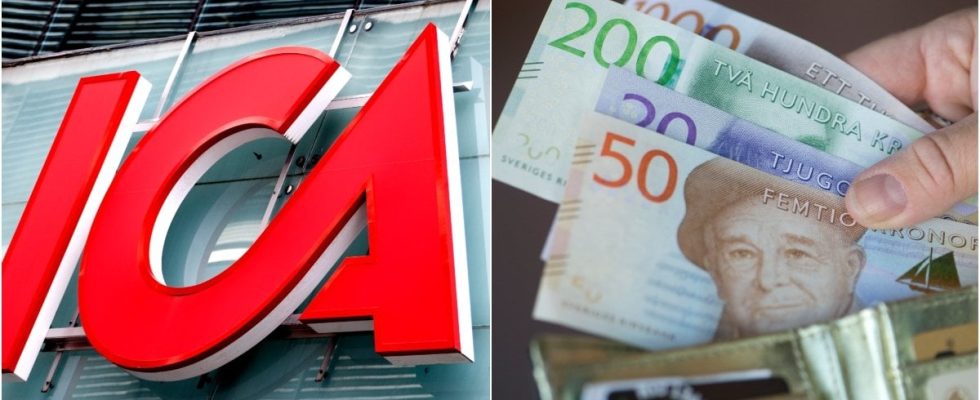There are currently a lot of scam text messages and emails from various companies and authorities, where fraudsters try to cheat money.
Försäkringskassan, Biltema and Skatteverket have all been used for the purpose of deceiving people recently.
Have you received this SMS? Now the Tax Agency is warning about the scam
The ICA bank: “Don’t click”
Now the ICA bank has also been affected, and is therefore issuing a warning to customers:
“Right now there are hoax text messages that appear to come from Ica Bank and which state that you have been granted a loan. Do not click on any links or call phone numbers in the text message. Delete the message.”
The store manager: Many customers sneer in front of the eyes of the Ica staff
Screenshot: Ica bank It is unclear how many were affected
Pia Widell Cordén, communications manager at ICA Banken, does not know how many have been affected by the recent scam text messages, as not all victims contact us.
But she urges anyone who receives a suspicious text message or email to get in touch as soon as possible.
– Something that is good to know is that we would never contact a customer via e-mail, SMS or phone and ask for any sensitive information, unless the customer has first initiated the contact with us, she says to News24.
The store manager: Many customers sneer in front of the eyes of the Ica staff
How to protect yourself against fraudsters
Here are Pia Widell Cordén’s tips on how to protect yourself from fraudsters.
The insurance company’s sharp warning to customers: “Scam”
